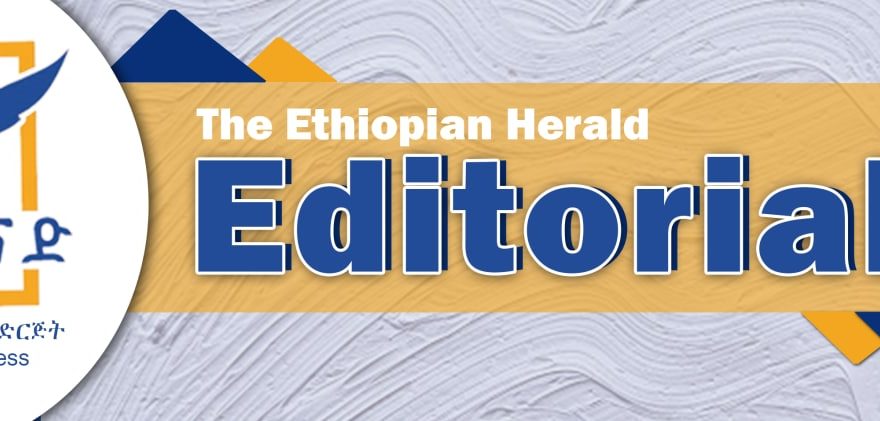
Ethiopia, celebrated for its rich cultural heritage and ancient history, is equally endowed with vast mineral resources that have the power to revolutionize its economy. Among the country’s abundant resources are gold, uranium, and platinum, which, if harnessed effectively, could greatly advance national development. The recent unveiling of a cutting-edge gold manufacturing factory, attended by Prime Minister Abiy Ahmed (PhD), reflects the government’s strong dedication to boosting production and efficiency in the mining sector. However, for Ethiopia to fully realize this potential, collaboration between the government and private investors is essential, along with strict measures to curb illegal activities.
The country’s geological diversity makes it a reservoir of valuable minerals. Gold has been a pivotal component of Ethiopia’s mining industry, contributing significantly to export revenues. In addition to gold, the nation holds significant reserves of tantalum, uranium, and platinum, which are in high demand on the global market. This wealth of resources positions Ethiopia’s mining sector as a key driver of economic transformation, capable of generating substantial revenue, creating employment, and advancing technological development.
The recent establishment of the gold manufacturing plant underscores Ethiopia’s readiness to leverage its mineral resources effectively. This facility is expected not only to enhance gold production but also to promote value addition, ensuring that more of the wealth derived from mining stays within the country. Furthermore, the government’s active efforts to foster a favorable environment for foreign direct investment (FDI) in mining further highlight its commitment to sectoral growth.
For both local and international investors, Ethiopia presents a promising opportunity to invest in its untapped mineral potential. Backed by supportive government policies, improved infrastructure, and a collaborative approach, Ethiopia offers an attractive landscape for robust investments. Additionally, its strategic location in East Africa ensures easy access to international markets, further solidifying its appeal as a regional mining hub.
Despite these opportunities, illegal mining and smuggling remain significant challenges to the sector. These contraband activities, particularly in gold, result in the loss of millions of dollars in revenue annually, depriving the nation of much-needed resources for development. Moreover, such activities foster instability, fuel parallel economies, and undermine the rule of law.
Tackling these issues demands a comprehensive approach. Strengthening border security, enhancing surveillance, and employing advanced tracking technologies are vital steps to reduce smuggling. Transparency and stricter regulation in mining operations are equally important to discourage illegal practices.
In addition to attracting foreign investments, Ethiopia must prioritize empowering local players. By integrating artisanal miners into the formal economy, providing access to modern equipment, and offering training programs, the country can enhance productivity while minimizing illegal mining activities. Supporting research and development initiatives will also help discover innovative and efficient methods for mineral extraction and processing. Partnerships between government bodies, academic institutions, and private enterprises can drive technological innovation, benefiting the mining industry as a whole.
The Ethiopian government plays a central role in ensuring the mining sector’s success. Policies need to strike a balance between encouraging investment and safeguarding national interests. Simplifying licensing processes, offering tax incentives, and maintaining a stable regulatory environment are key strategies to attract long-term commitments from investors. Concurrently, the enforcement of anti-corruption measures is crucial to maintain investor confidence and ensure that mining revenues are channeled towards national development. Public awareness campaigns can further emphasize the importance of legal mining practices, fostering compliance and accountability.
Ethiopia stands on the brink of a transformative mining boom. By unlocking its mineral wealth, the nation can accelerate economic growth, create widespread opportunities, and improve the lives of its citizens. However, achieving this vision requires the collective effort of all stakeholders—government, investors, and local communities alike.
While recent strides in gold production mark a promising beginning, they must be accompanied by decisive measures to combat illegal activities and encourage sustainable practices. Ethiopia’s mineral wealth represents more than a resource; it is a gateway to prosperity. The time for action is now.
THE ETHIOPIAN HERALD SATURDAY 23 NOVEMBER 2024




